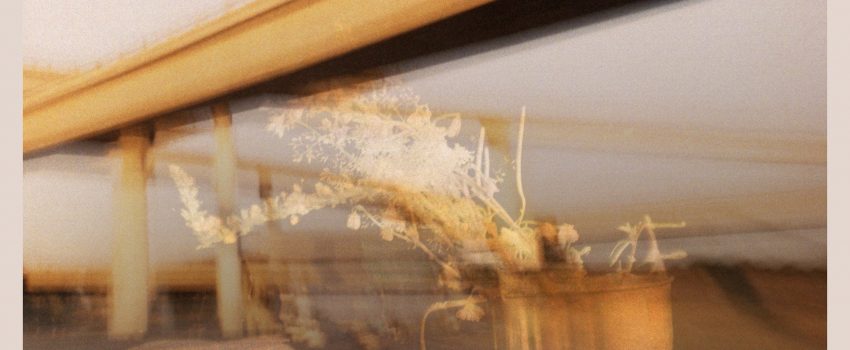
One of the most important Italian singer-songwriters of the last decades, Cesare Basile finally returns with a new album. Saracena is his darkest and most experimental album ever, to be released on May 3rd, 2024 via Viceversa Records, on vinyl and digital, with Audioglobe distribution.
Saracena was composed and recorded over the course of just two weeks, triggered by great expressive urgency, inspired mainly by the Palestinian poet Mahmoud Darwish. Thirty years after his solo debut and five years after his previous record Cummeddia, Basile himself introduces us to his twelfth studio album: «Saracena is a work of exile and separation from childhood, from places, from language. A work of stones and hidden names, land trampled by the armies of invaders, abandoned houses, anger that explodes the heart and the flesh. It’s a long song written and recorded in two weeks, chewing the words of the Palestinian poet Mahmoud Darwish, those of the Arabs of Sicily condemned to nostalgia such as Abd al-Jabbar Ibn Hamdis, the verses of Santo Calì, the popular verses of abandonment of a Saracen island through the melodies of its storytellers. These seeds are crushed together in the mortar of the Nakba to tell the story of the pain of the olive trees of Palestine».
Saracena is an epically political work in a world where it is not convenient to take a stand. It’s almost an instant concept album, where the common thread, that of the theme of exodus, was unraveled by following instinct and embracing the fun of playing, even of improvising. Taking the point of view of the losers, the Sicilian musician comments: «Nowadays artists are only asked to entertain people without asking uncomfortable questions or speaking about the ambiguities of democratic societies, but I felt the need to face a tragedy and understand how universal the Palestinian drama was. I immediately realized that I had to act quickly, going along with poetic and political urgency».
The album was born as a single flow, to be enjoyed and possibly inhabited as if it were a single room, although divided into eight parts, corresponding to six songs and two instrumental tracks. One of these parts is the new single C’è na casa rutta a Notu, available on all digital platforms on 8th April, with a video directed by Andrea Nicotra.
After the acclaimed previous records, the language adopted in Saracena is once again the Sicilian dialect approached with an adventurous attitude. According to Basile: «The use of the Sicilian language has never been an identity practice for me but rather a space of contamination, a vehicle of continuous transformation, a practice of artistic and political freedom».
There are traditional instruments, in some cases DIY instruments, but there are also electrical dissonances and electronic music. «I needed a very broad and contradictory musical texture. I needed sounds, noises, scales that were difficult to control, a place where archaic forms met with the contemporaneity. As Kraftwerk said, electronics is the folk of modernity». Whoever listens can hear echoes of Mediterranean Gothic and African music, black and white cinematographic spectra, post-trip hop nuances and the guidance of concrete music in obtaining sound objects from elements of everyday life.
Since the end of the 80s, Cesare Basile has shaped an absolutely unique song-form, between punk heritage, blues-folkvocation and Sicilian popular music, and has collected many international collaborations – we remember those with John Parish, Hugo Race, John Bonnair and Robert Fisher, among others. Saracena acquires a peculiar value also by virtue of the extemporaneous but accurate and heartfelt solo work in progress, marked by the most total independence: «I did everything by myself, except for some specifics contributions, but it couldn’t be otherwise. This was a journey that had to be taken alone. I had to dig to the deepest depths». The general mood is marked by a mysterious gloom, which is slightly toned down in the more dreamlike final section. «It’s a dark album, just how I felt when writing it. That ending was the result of a shocking bitterness – the bitterness that accompanies every utopia».


